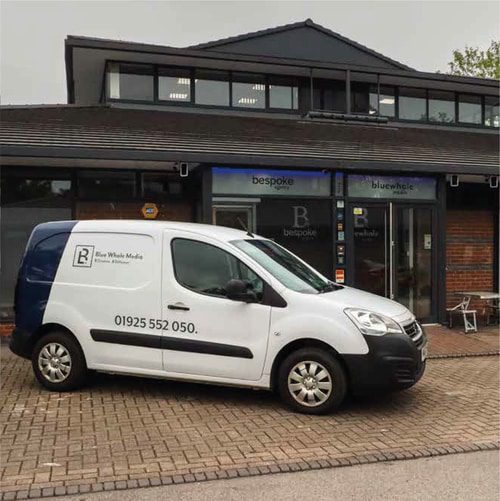
Simple Tips To Improve Your WordPress Website SEO
Strategic SEO practices are required to drive organic traffic. You need it for your business site to grow and flourish. When your SEO game is improved, your page will automatically rank higher on the SERPs or Search Engine Results Page. Your business will be exposed to a wider audience, who will interact with your blog, products, and services. Today, we will be listing down some of the simple tips for improving your WordPress website SEO.
What Does Google See?
A key part of SEO is to understand what Google wants to see in your page. With a plugin like Yoast, it’s possible to see how your webpage measures up to Google’s expectations. It offers immediate analytic feedback concerning your content. It will help you know if there is proper keyword placement, if pictures are rightly tagged, and if your posts possess a favourable rating when it comes to readability. Yoast will also offer you a preview of how you appear in the search results and whether the focused keywords show up in the meta description, title, and content.
No Keyword Stuffing
If your keywords are failing to naturally fit in your content, then your site won’t be favoured by Google. We advise you to avoid inserting awkward strings of keywords. The best way to measure this is by reading your content out loud. If it doesn’t make sense when you speak it, it won’t make sense when a user reads it either.
Choose A Good Web Host
Your pages won’t get indexed if Google fails to locate you. And it will happen whenever your business site is down. We strongly advise you to invest in a reliable and genuine hosting service to encourage organic search traffic. A genuine web hosting service will keep your site up and running at all times to ensure both users and Googlebot can always access your website.
No Duplicated Content
Duplicate content can present a big problem when it comes to ranking your website. Firstly, if you have two pages with duplicate (duplicate does not have to be word-for-word) then Google will decide to only rank one of these pages in the search results, leaving the other page dormant and just taking up space on your website. Secondly, a website with excessive duplicate content issues will eventually lose trust and relevance within Google. Why would Google want to rank a website which is consistently republishing their own content and failing to provide users with unique, quality answers?
Creating an Optimised Sitemap
A sitemap is an XML file on your website which lists all of your website’s URLs. It is a very useful resource which search engines such as Google will use to be able to find all the crawlable pages on your website. Sitemaps can be submitted to the Google Search Console and Googlebot will regularly check the sitemap for any new or updated pages.
Strategic Usage of WordPress Categories
Categories are similar to tags since they assist in organising related posts. Here, they also offer clues to readers regarding article content, making it easy for the visitors to locate relevant posts on topics that are similar. Even if tags tend to be optional, categories are needed in WordPress.
Creating Effective Permalinks
It is imperative for you to shorten your slugs by staying at 5 words or even less. For instance, if the title of your content is “10 Trending Shoe Styles for Summer,” then you can shorten the permalink to something like “trending-shoe-styles-for-summer.” We advise you to utilise hyphens instead of underscore markings as Google considers the latter as a word extension.





